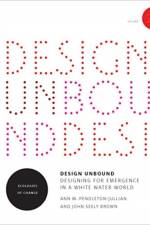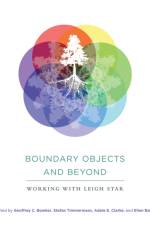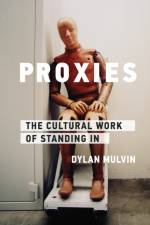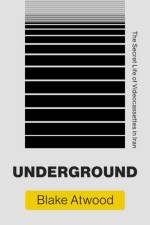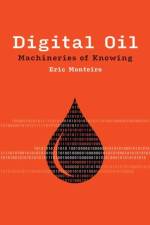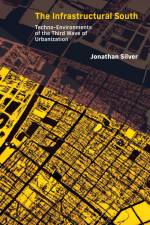- Working with Leigh Star
531
The multifaceted work of the late Susan Leigh Star is explored through a selection of her writings and essays by friends and colleagues.Susan Leigh Star (1954-2010) was one of the most influential science studies scholars of the last several decades. In her work, Star highlighted the messy practices of discovering science, asking hard questions about the marginalizing as well as the liberating powers of science and technology. In the landmark work Sorting Things Out, Star and Geoffrey Bowker revealed the social and ethical histories that are deeply embedded in classification systems. Star's most celebrated concept was the notion of boundary objects: representational forms—things or theories—that can be shared between different communities, with each holding its own understanding of the representation. Unfortunately, Leigh was unable to complete a work on the poetics of infrastructure that further developed the full range of her work. This volume collects articles by Star that set out some of her thinking on boundary objects, marginality, and infrastructure, together with essays by friends and colleagues from a range of disciplines—from philosophy of science to organization science—that testify to the wide-ranging influence of Star's work.ContributorsEllen Balka, Eevi E. Beck, Dick Boland, Geoffrey C. Bowker, Janet Ceja Alcalá, Adele E. Clarke, Les Gasser, James R. Griesemer, Gail Hornstein, John Leslie King, Cheris Kramarae, Maria Puig de la Bellacasa, Karen Ruhleder, Kjeld Schmidt, Brian Cantwell Smith, Susan Leigh Star, Anselm L. Strauss, Jane Summerton, Stefan Timmermans, Helen Verran, Nina Wakeford, Jutta Weber

